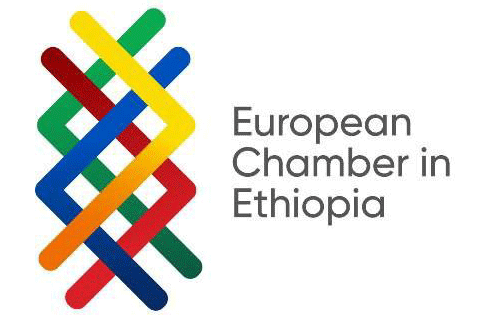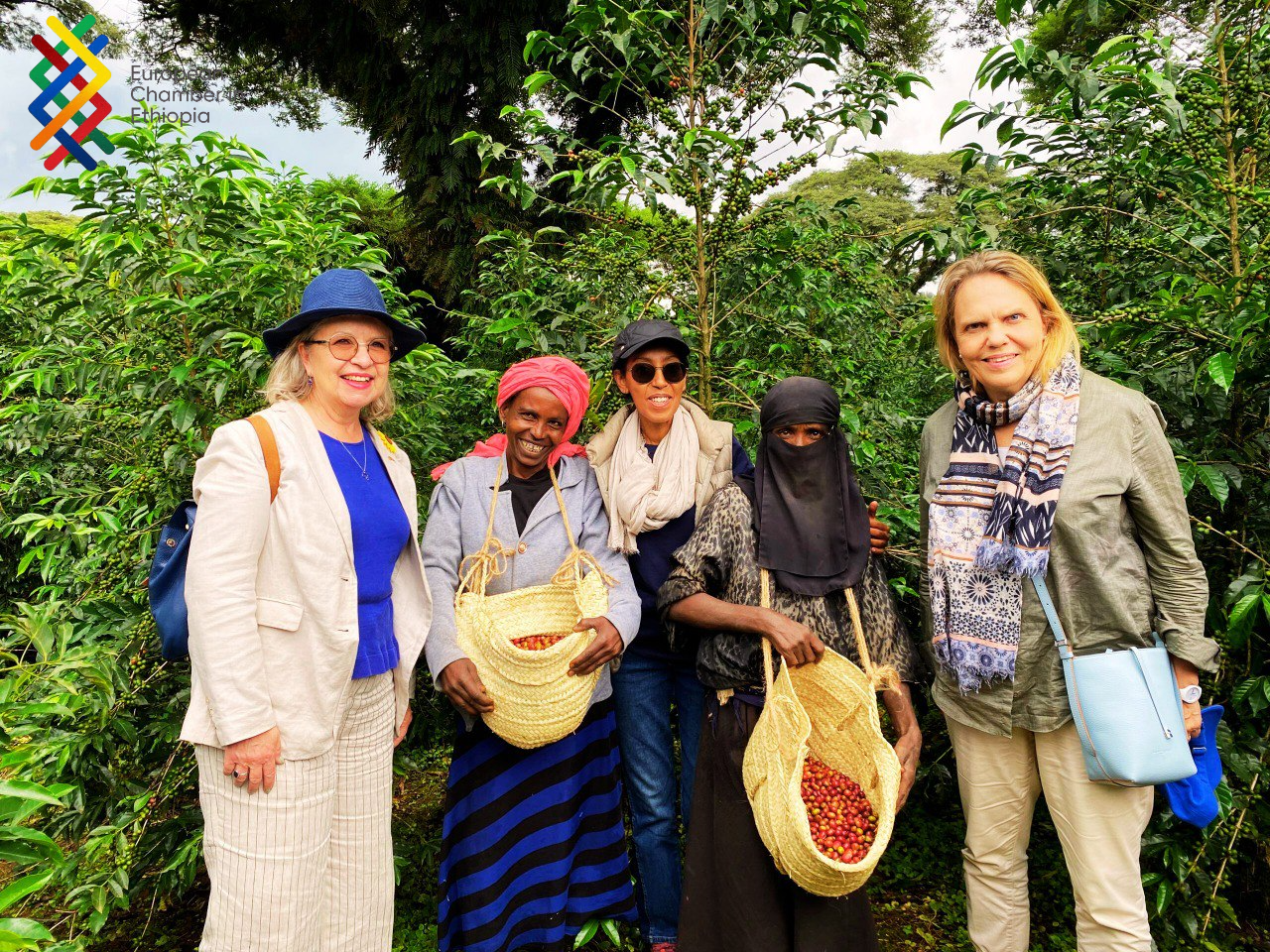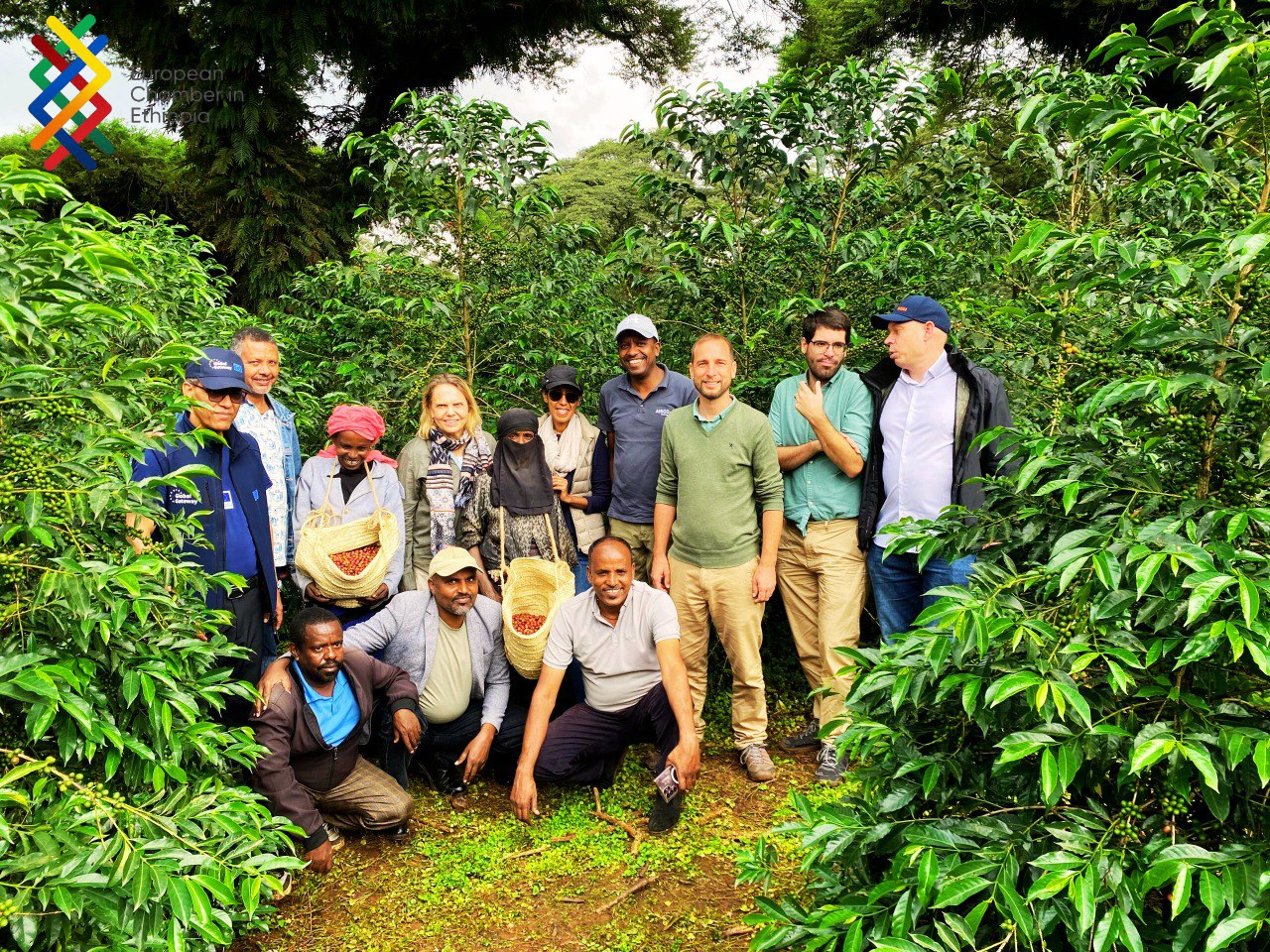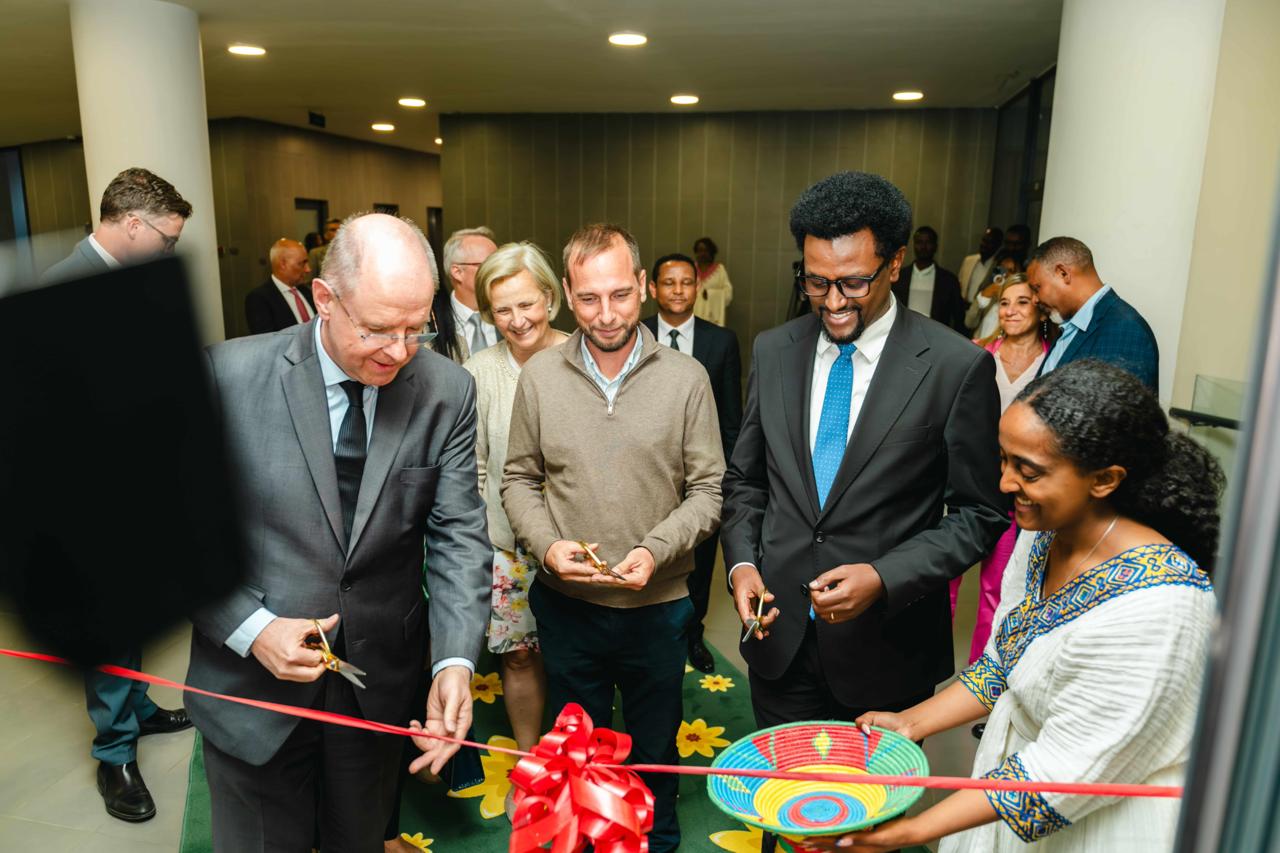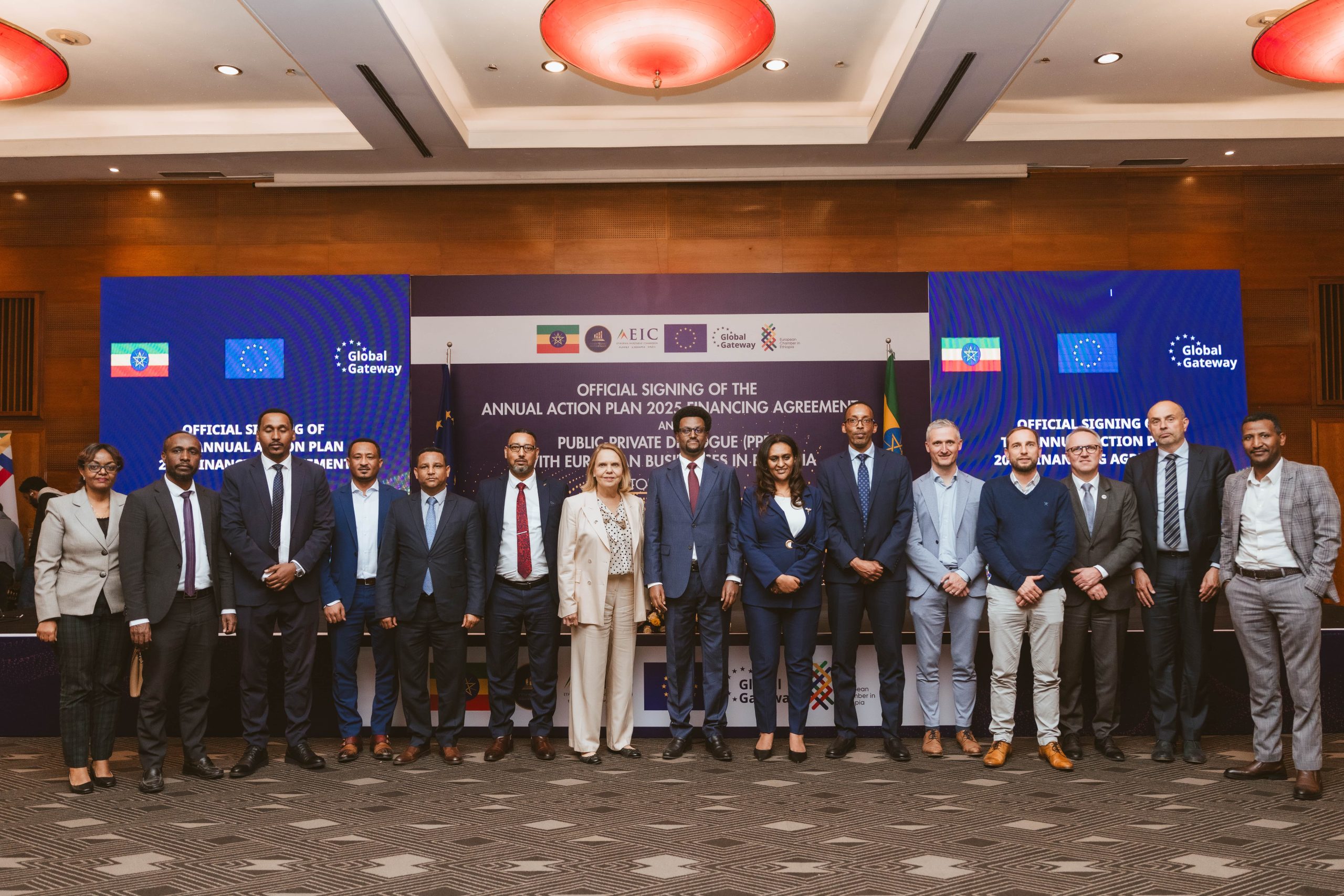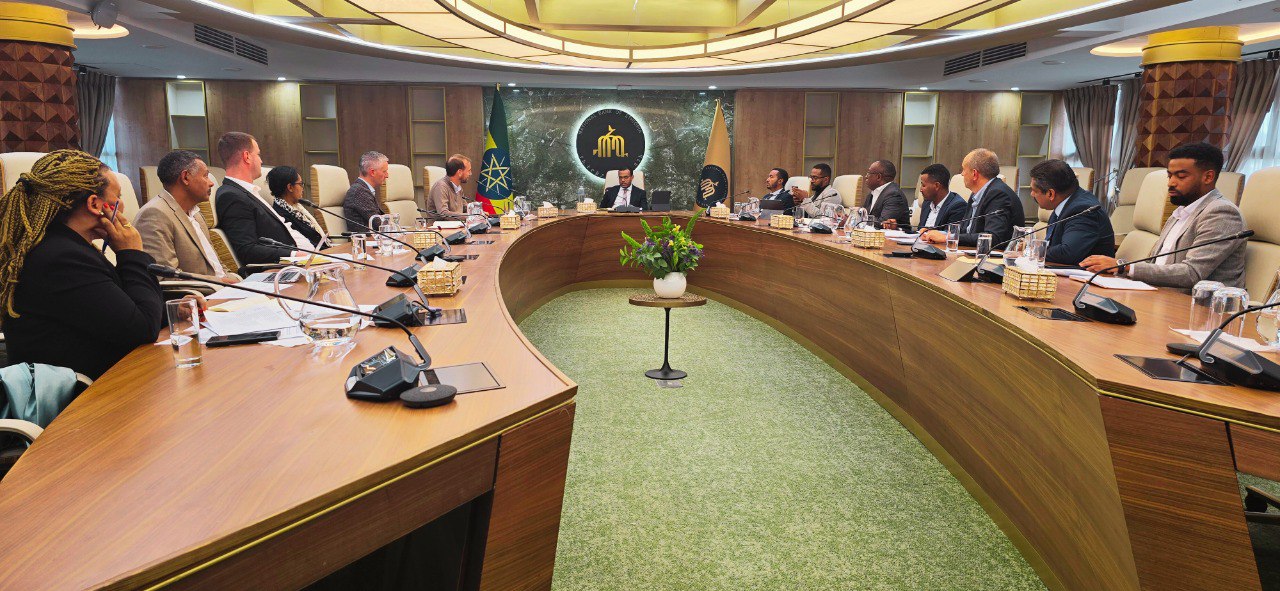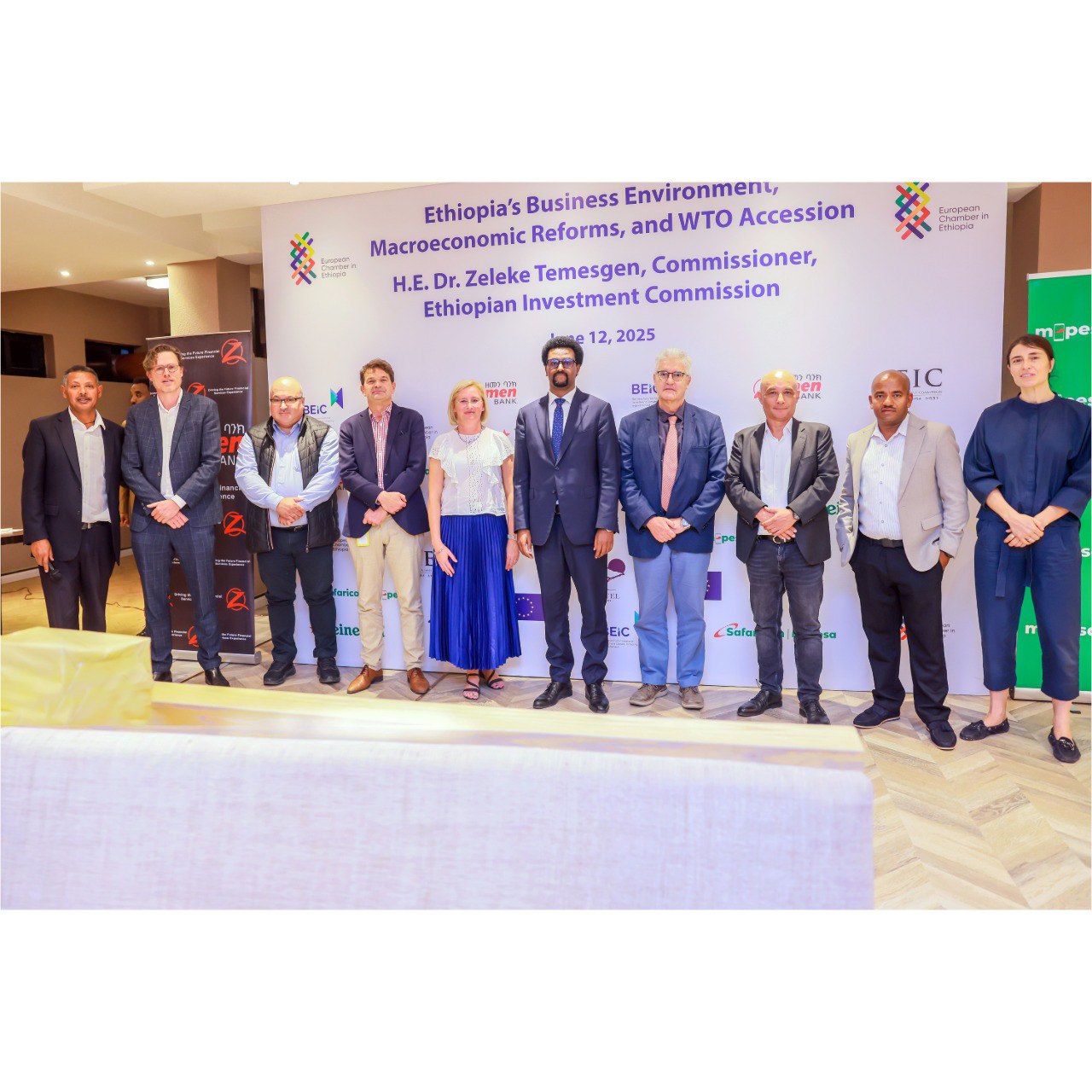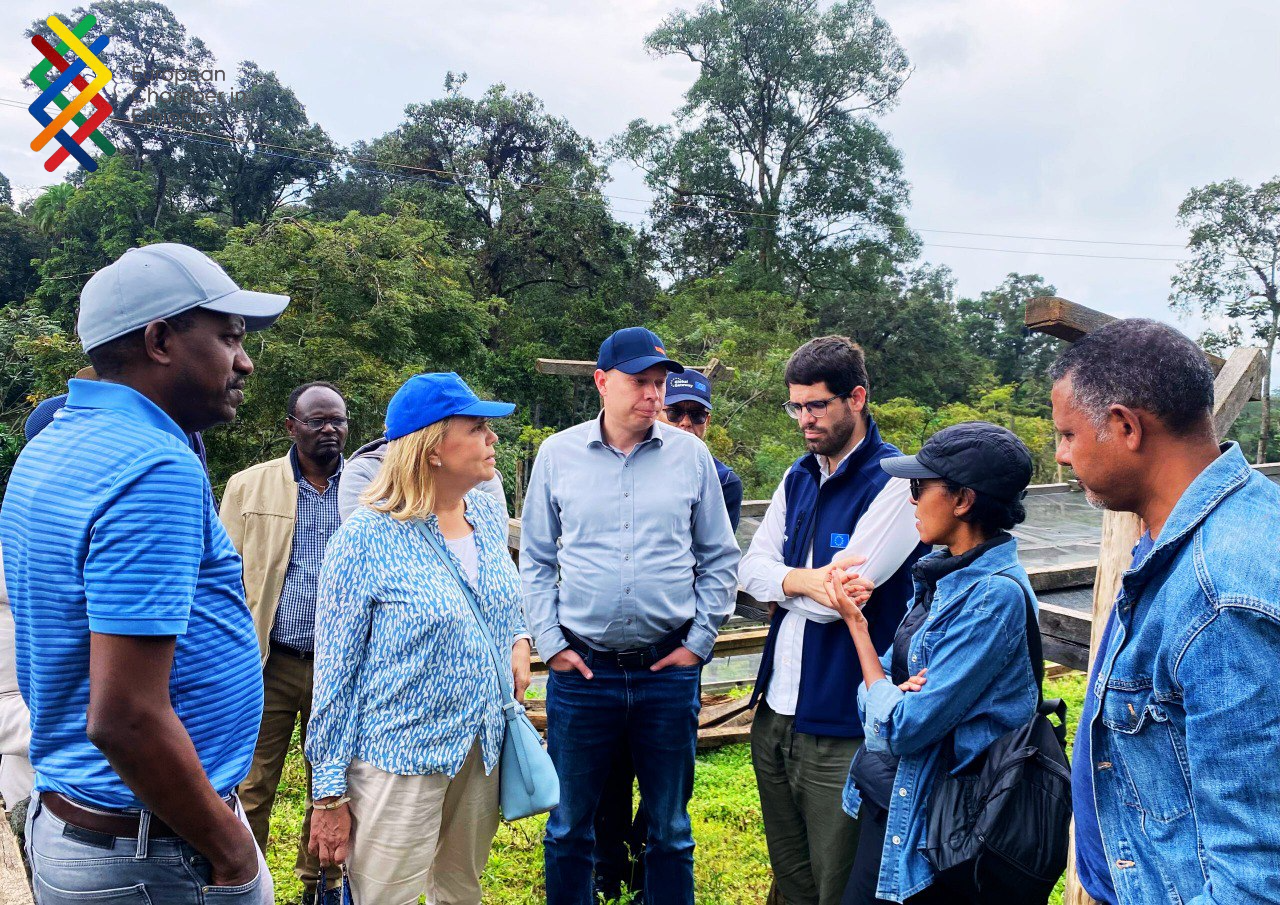
EuroCham Urges Reconsideration of EUDR Timeline
The European Chamber in Ethiopia (EuroCham) welcomes the European Union Commission’s proposal to extend the implementation timeline of its new Deforestation Regulation (EUDR), that is otherwise set to take effect on December 30, 2025. While supporting the regulation’s environmental objectives, EuroCham stressed the need for practical solutions that reflect Ethiopia’s smallholder-driven coffee production model.
To highlight these challenges on the ground, EuroCham organized a mission to the coffee-growing areas of Keffa and Jimma from September 21 to 22, bringing together the European Union Delegation to Ethiopia, led by Ambassador Sofie From-Emmesberger and joined by the Ambassador of Finland, coffee sector experts, regional authorities, and coffee cooperatives. The delegation was shown first-hand how the proposed EUDR compliance rules risk undermining Ethiopia’s coffee value chain, which supports over five million smallholder farmers and whose exports to Europe account for roughly 35% of Ethiopia’s total coffee trade.
During the visit, delegates toured large coffee plantations and smallholder coffee farmer plots under natural forest cover. At a roundtable chaired by H.E. Dr. Negash Wagesho, President of the South West Ethiopia Peoples’ Regional State, participants underscored Ethiopia’s unique coffee production system. “With more than 600,000 hectares of forest-integrated coffee and more than half a million farmers depending on it in Ethiopia’s South West Region alone, Ethiopia’s coffee is not a driver of deforestation, it is a guardian of our ecosystems,” Dr. Negash said. “Our coffees have been grown under forest and agro-forestry production systems, with biodiversity protected by generations of farmers. Let us not allow a regulation, however noble its intent, destroy a model of environmental sustainability that has been kept intact for generations.”
One of the major concerns raised during the mission was traceability. Ethiopia’s coffee supply chain is highly fragmented, involving multiple actors from farm to export. Cooperative leaders explained that while Ethiopian coffee is traditionally shade-grown, most smallholders lack the tools and finance to meet the EUDR’s geolocation requirements. “Despite practicing sustainable coffee cultivation for generations, most producers lack the digital tools and finance required to collect geolocation data, the cost of which ranges between USD 5-10 per farmer,” said a representative of the Oromia Coffee Farmers Cooperative Union (OCFCU). “Nevertheless, we are being asked to provide GPS coordinates and ensure traceability for the hundreds of thousands of member farmers throughout producing regions of the country, which is not only costly but will also take time and effort”.
Exporters cautioned that nearly 65% of Ethiopia’s coffee is consumed domestically, often at higher prices than in export markets, and that compliance costs could push producers to withdraw from European markets altogether. “If European markets become inaccessible due to impractical regulations, Ethiopia will turn to more flexible trade partners such as China and the Gulf,” said one exporter. “This is a market reality. Europe must consider whether it wants to continue accessing one of the world’s most authentic, forest-friendly coffees.”
EuroCham acknowledged ongoing support by a number of European actors to put in place structures to develop traceability and emphasized the need for further collaboration between EU regulators and Ethiopia with its complex coffee-producing model mainly driven by smallholder forest and backyard coffee producers. “Ethiopia’s coffee is not part of the deforestation problem, it is part of the solution,” said a EuroCham representative. “Policies meant to protect forests must not end up harming the smallholder farmers who have safeguarded them for centuries.” EuroCham also warned that the compliance burden could shift downstream to European importers and roasters, ultimately raising prices on consumers and straining supply relationships, with unintended consequences for EU investment and partnerships in Africa. European buyers assessed that risking penalties of up to 4% of their global turnover is too risky in the current situation whereby coffee produced by smallholder farmers cannot yet be sufficiently traced and geolocated. In order to mitigate the risk of non-compliance with the EUDR, some major European coffee buyers are already shifting away and have stopped buying coffee produced by Ethiopian smallholder farmers. Ambassador From-Emmesberger’s takeaway from the mission “Ethiopia’s coffee is more than an export commodity – it is part of the country’s cultural heritage and an example of how nature and livelihoods can thrive together.” She commended the efforts to protect forests and stressed the importance to recognize and preserve this unique model of sustainable production.
EuroCham concluded the mission with an appeal for the EU to revisit the EUDR implementation timeline, continue to offer technical and financial support for developing traceability systems tailored to Ethiopia’s complex smallholder coffee farmer context and help to build digital verification frameworks that reflect Ethiopia’s unique coffee production model and extended value chain.
latest News
EuroCham Launches a New Office and FDI Incubation Center
February 1, 2026
EU and EuroCham Sign Grant to Boost Ethiopia’s FDI competitiveness
November 22, 2025
EuroCham Networking Event Discusses New Income Tax Law
October 22, 2025
EuroCham Conducted Technical Discussions with Outgoing NBE Governor
September 17, 2025
